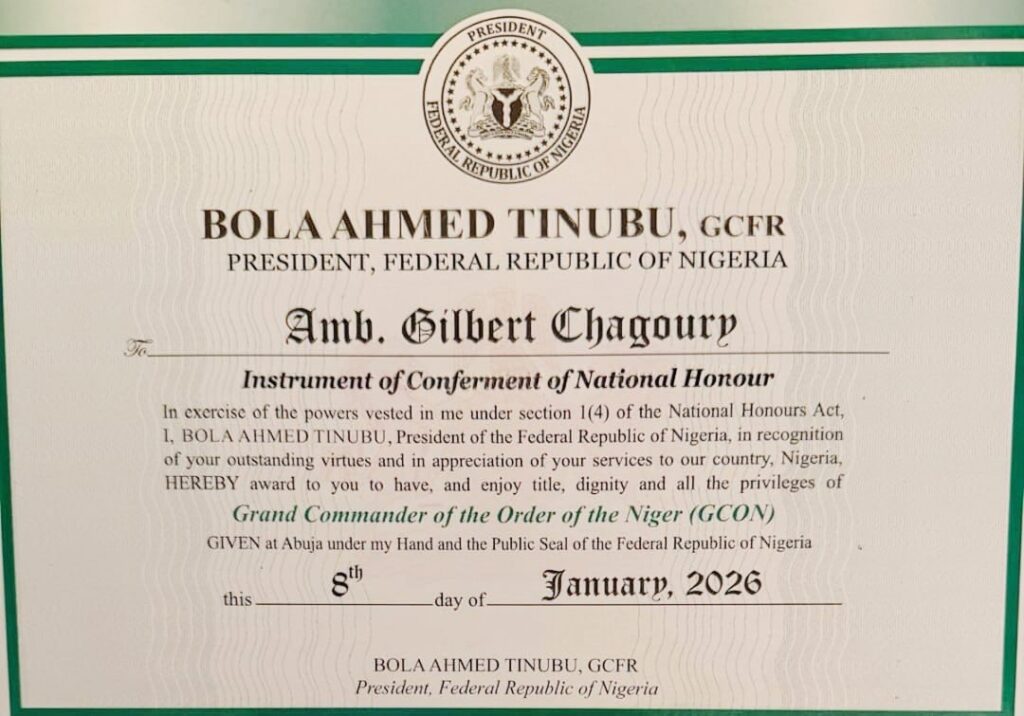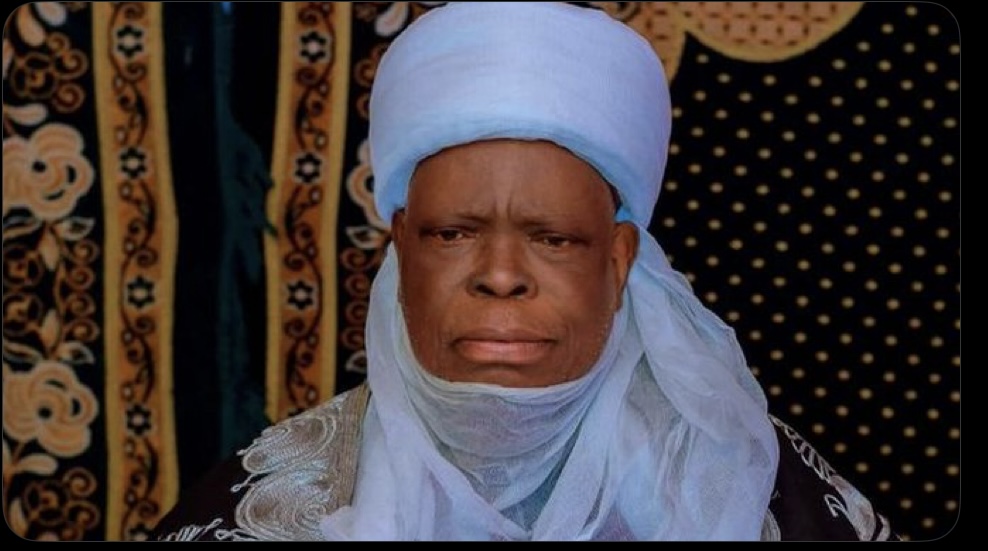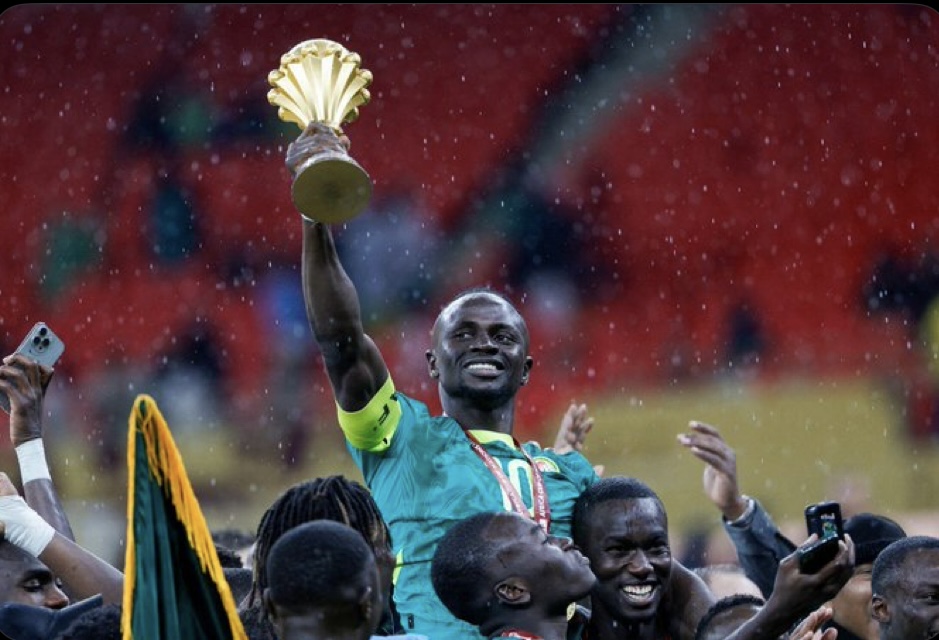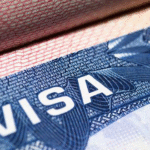St. Lucia Prime Minister Defends Tinubu’s Visit, Labels Criticism as Shameful and Disgraceful
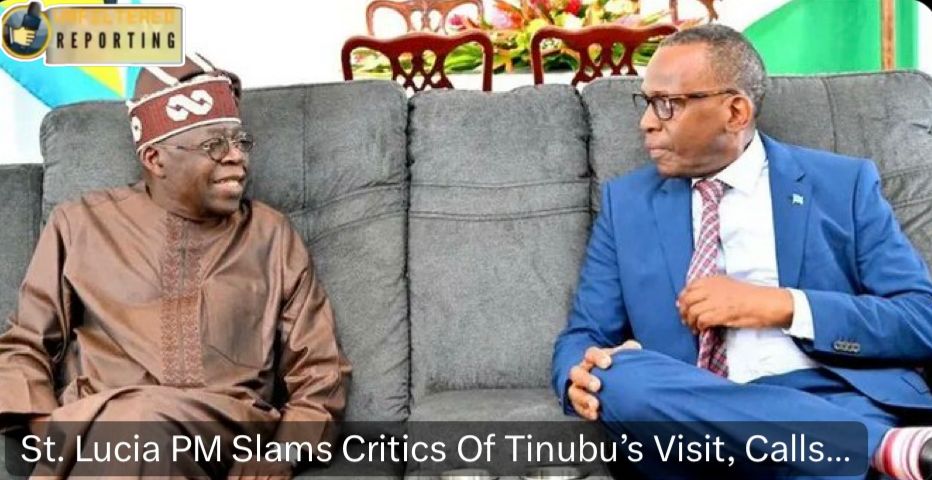
Saint Lucia’s Prime Minister, Philip J. Pierre, has strongly defended the recent state visit of Nigerian President Bola Ahmed Tinubu, condemning the criticism surrounding the trip as “shameful and disgraceful.” Speaking during the Emancipation Day celebration in Castries on August 1, 2025, Pierre described the backlash as politically motivated and rooted in lingering colonial mindsets.
The Prime Minister criticized what he termed the “vilification and denigration” of President Tinubu by opposition elements and activists, accusing them of disrespecting African leadership and failing to appreciate the significance of the historic visit. “The backlash was nothing short of shameful and disgraceful,” Pierre stated, adding that such attitudes reflect psychological remnants of colonial rule and self-hate among people of African descent. President Tinubu’s visit to Saint Lucia marked a key diplomatic milestone, with both countries signing memoranda of understanding aimed at enhancing cooperation in education, culture, tourism, energy, and trade. Pierre emphasized that the agreements were part of a broader effort to foster stronger ties between Africa and the Caribbean, describing the visit as a reconnection with African heritage. The Saint Lucian leader assured citizens that the partnership would bring tangible benefits to the island nation and rejected attempts to politicize the engagement. “This is about Pan-African unity, economic cooperation, and cultural pride,” he said. “Those who attack this moment are doing a disservice to our ancestors and our future.” While Nigerian opposition leaders, including Labour Party’s Peter Obi, criticized the visit’s timing amidst domestic challenges, the Nigerian government and various diaspora communities praised Saint Lucia’s warm reception and commitment to deepening Africa-Caribbean relations. Pierre concluded his remarks by urging Saint Lucians to embrace their African roots and reject divisive narratives. “Emancipation means more than freedom from chains,” he said. “It means freedom of the mind and pride in who we are.”



